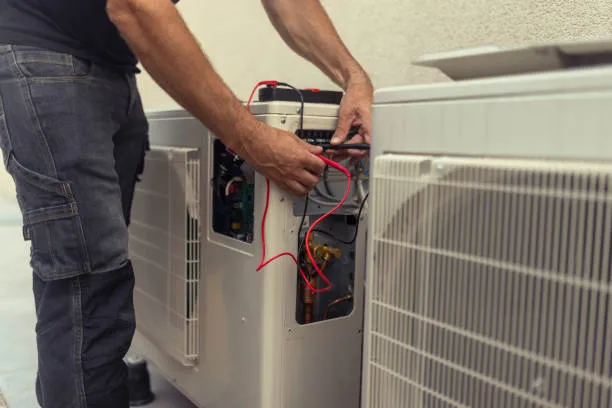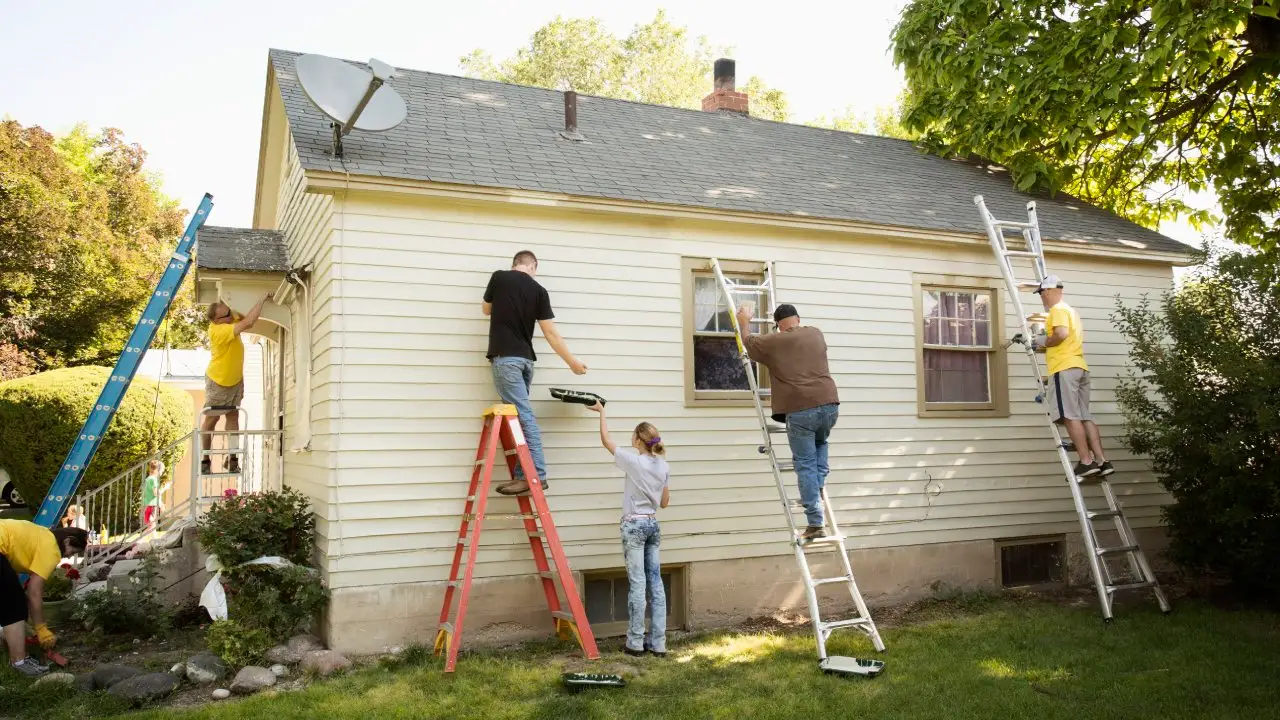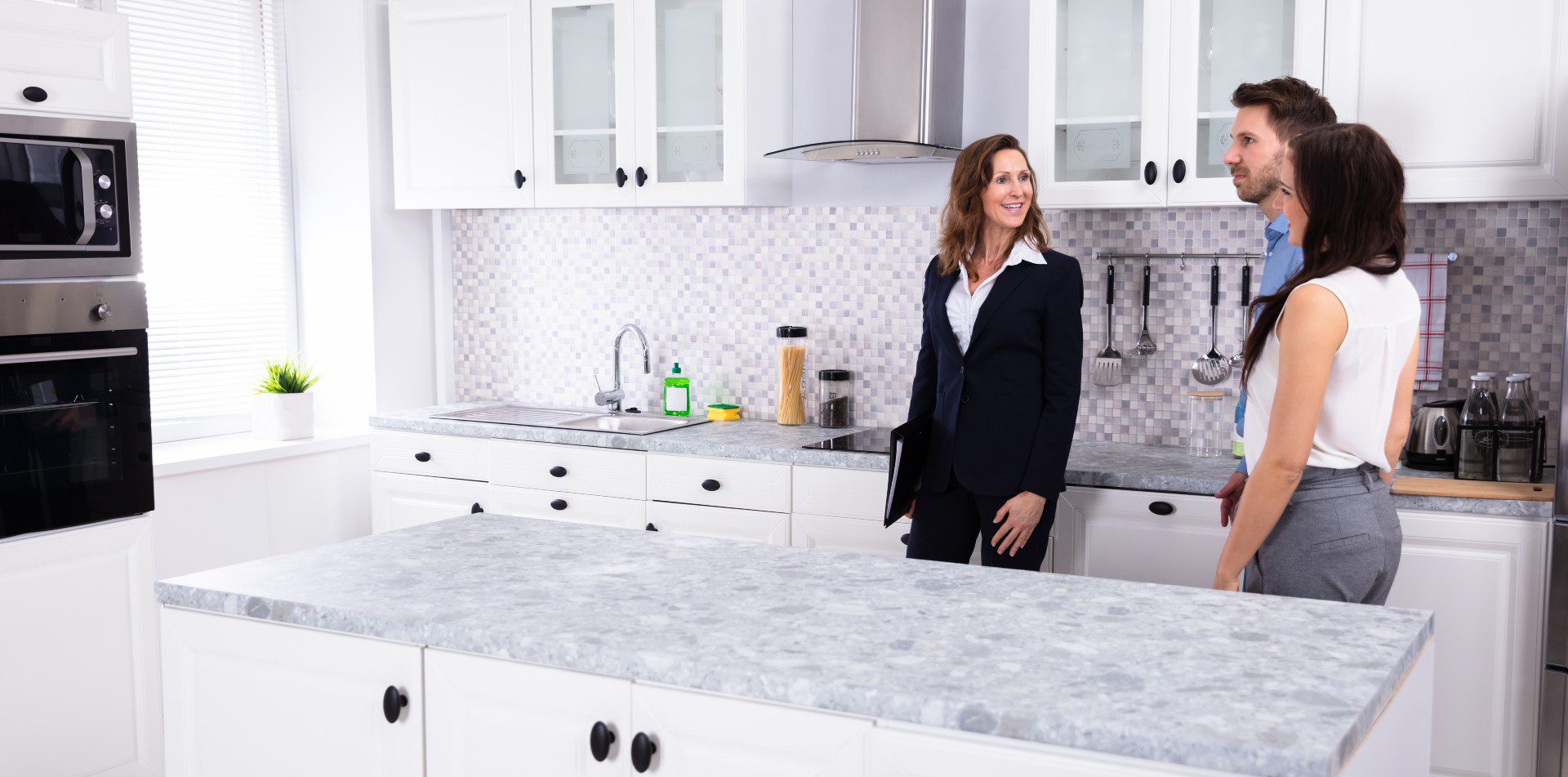A warm pool allows you to turn your backyard into someone’s heaven and thus have the possibility to swim during the entire year. But maintaining water in a pool at an optimum temperature poses a big dilemma especially if you’re worried about the soaring costs of energy. That is where pool heat pumps come in handy. These systems are among the most effective that can be used to heat water with minimal wastage of energy.. Working on the same principle as a house heating system, and being really energy efficient, pool heat pumps are an effective tool to heat swimming pools. This guide shall focus on discussing the advantages of using pool heat pumps, and due to the knowledge on how they work, their effectiveness as well as give you useful tips on how to decide on which heat pump to purchase.
The Basic Function and Advantages
Pool heat pumps perform the function of capturing Heat from the surrounding air and transferring it to the water in the pool and hence they are more efficient than most heating systems. They utilise electricity to run a compressor and a fan to draw into the building fresh air and pass it over the evaporator coil where the heat is removed, then it is transported to the cooler water in a heat exchanger. This process consumes significantly less energy than systems that heat directly such as the gas heaters or electric resistance heaters.
However, one of their most important advantages is the energy efficiency of the pool heat pumps. By combining the use of pool heat pumps with selecting competitive electricity rates like Red Oak electricity rates, you can optimize energy usage, reduce costs, and ensure the sustainable operation of your pool. It is also important to add that unlike other systems, heat pump owners can save up to 80% of their money spent for energy compared with the gas heaters. Also, they are environmental friendly because they use heat from the air and hence little carbon emission is produced. They also promise long-term service as they have a lifespan of 10-15 years, hence, they do not need replacement more often as compared to the most traditional systems. Especially for those homeowners whose homes are fitted with integrated home heat pump systems, then pool heat pumps are ideal because they make a unified system on both indoor and outdoor heating. What makes these pool cleaners unique is that they operate quietly so as not to disturb your pool setting.
Things to Consider When Selecting a Pool Heat Pump
Choosing a right pool heat pump requires determining several criterias so as to fulfill your requirements. There are a number of factors that need to be looked into, out of all these factors one of the most crucial factors is the size of the pool. Large sizes of the pools will therefore need high capacity heat pumps in order to generate enough heat to get to the requisite temperature while small sized pools can be heated efficiently with low capacity heat pumps. Another factor is that the climate in your region of the world is another factor. Heat pump pool heaters are therefore most effective in medium or warmer climates, though this type of technology is rapidly improving thus making them effective even in cold areas.
Further, an organization should consider other factors like energy efficiency rating coefficients including the Coefficient of Performance (COP). There is always an increase in the COP implying the system delivers more heat per unit of electrical energy used, minimizing the cost of running the heat pump. The other cardinal component includes the extent of installations necessitated by the assembling. Heat pumps for pools require proper airflow and preferably should be installed in proximity with the pool plumbing. When you already have a residential heat pump system at home, it will be easier to choose a pool heat pump that will complement the existing model for easier consumption and management to smoothen its use and for increased efficiency. Lastly, ensure that you chose a model that has a good warranty, and business reviews to reduce later disappointments.
Peculiarities of Maintaining the Facility of a Welding Company
So as to ensure that your heat pump is functioning accordingly, maintenance is very essential for your pool heat pump. Start by washing the air intake with water to ensure that the airflow is not restricted by something like leaves, dirt or grass in its path. Restricted air movement tends to hamper efficiency in the function of the heat pump and puts avoidable pressure on the system. Another aspect to look into is the heat exchangers since they are prone to foul- ing and hence their cleanliness is crucial to heat transfer.
There is no doubt that the water chemistry has a great impact on your heat pump. Balancing water in your pool eliminates scaling and corrosion that affect internal parts and decrease efficiency. Another important process is the annual schedule of professional inspection. A technician will quantify refrigerant charge, review electrical connections, and examine the operational characteristics of a system. In cases where houses already have a home heat pump system, the maintenance of all heat pumps is more manageable when done at once. Proper maintenance and the right choice will keep your pool heat pump working efficiently for a long time — providing you with cost-effective pool heating.
Pool Heat Pumps vs. Other Heating Methods
It is necessary to underline some benefits of using pool heat pumps compared with the other types of heating. A good instance is the gas heaters which heat water in the shortest time but the problem is they rely on fossil fuel hence make more pollution and are expensive to use. Also, electric resistance heaters are very inefficient in their use of electricity and, therefore, can cause high electricity bills. Another type of solar energy equipment is solar pool heaters; although they are environment friendly, their efficiency is impaired in regions that experience less sunlight, such as during winter.
Heat pumps need to be efficient, reliable and should focus on energy efficiency and are rightly used in swimming pools. They harness renewable heat from the air and as such are cleaner than gas and electric heat sources. Furthermore, they continue to deliver optimal performance in almost all conditions; a factor that separates them from solar heaters. This then means that for a homeowner who already has a residential heat pump system put in place, the use of a pool heat pump in addition gives the general home heating a harmonized and efficient result hence giving a single and efficient system for heating both the inside and outside space. The above advantages make heat pumps the most suitable devices for heating the water in the pool, so that people can use them comfortably throughout the season.
Conclusion
Pool heat pumps are the best, most efficient and environmentally friendly way to heat your pool all year round. In contrast to other systems that might produce heat, these systems transport heat from one location to another thereby cutting on energy consumption and expenses. Regardless of connecting the pump to the home heat pump systems or placing a new pump, pool heat pumps are efficient performers, long-lasting and environmentally friendly. For proper utilization of the money invested, select the best size and model for your usage, hire a professional to do the installation and perform routine maintenance duties. So with a pool heat pump you get to swim in a nice warm pool while being eco-friendly and at the same time save on electricity bills. Change your pool heating now to embrace high efficiency and sustainability in your pool heating today.




